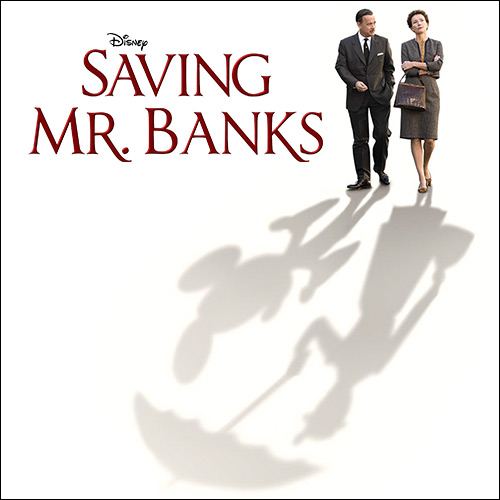I mentioned this back in my post about Chicago Fairy Tale Entertainment back in August: a play of the Chinese fairy tale Legend of the White Snake. I wasn't familiar with this tale, only the Grimm Tale White Snake. And to be honest the Wikipedia summary, linked above, was hard for me to follow since the names were all unfamiliar to me and hard to keep the characters straight.
Being presented at the Goodman Theater this year, Mary Zimmerman's The White Snake might be a better introduction to Asian folklore for people like me. The description from the website:
"The White Snake chronicles the tale of a gentle serpent spirit who lives for centuries coiled on a mountaintop. One day, she transforms herself into a beautiful young woman and, with her feisty companion Green Snake, travels down to the world of humans. There, she unexpectedly finds love, happiness and family, and vows to remain a human forever. But when a vengeful monk discovers her true identity, he becomes determined to destroy the life that she’s built—and break apart her marriage to her one true love. Funny, moving and stunningly staged, The White Snake is a ravishing theatrical spectacle that will enchant and delight"
It's gotten good reviews from the Huffington Post, New York Times and NPR. This performance includes puppets, singing, and choreography. Costumes and props are lavishly done, larger than life, and impressive to behold.
This tidbit from the Huffington Post was interesting, especially to those of us who are interested in the evolution of fairy tales in general, and how and why they are edited. This play ends happily, with love conquering all, but:
"That account bears little resemblance to the original tale, in which the snake devours her human prey, but Zimmerman's free adaptation is consistent with the story's evolution in China. As described in scholarly yet readable program notes, the plot and especially the serpent have been re-imagined through the centuries in plays, operas and literary works, changing along lines that seemed appropriate to the authors and their eras."
Generally, we know people like happy endings, despite how realistic/unrealistic that may be (HIMYM Series finale, anyone?). At least they did their research and have thought through the decision to give the story a happy ending. Adaptations of Swan Lake also have to decide which ending they're going to give audiences.
On that same vein of happy vs. realistic endings-I just saw Saving Mr. Banks. I won't do a whole post on it since it's not a fairy tale, but I did think it interesting that they addressed the issues people have with Disney and his fairy tale versions through Mrs. Travers' character, who didn't want her stories to be all sparkly and fluff, and didn't want children to have the idea that everything would magically work out for them. Yet in the end Disney gives this big emotional monologue about how his childhood was hard and his father harsh, yet through stories we can redeem the past. I thought this was interesting because usually we talk in terms of what stories do to us in terms of preparing us for the future, but in this case the story was a way of almost therapeutically healing and letting go of the past.







That's interesting. Even thought the movie wasn't completely accurate.
ReplyDeleteYeah, I've heard that too. I haven't done any reading into PL Travers though but the movie piqued my curiosity!
ReplyDeleteMyrtle Gonzalez was an iconic figure in the early days of Hollywood, known for her talent, beauty, and pioneering spirit. As one of the first Hispanic actresses to achieve prominence in American cinema, she broke barriers and paved the way for future generations of Latinx performers.
ReplyDelete